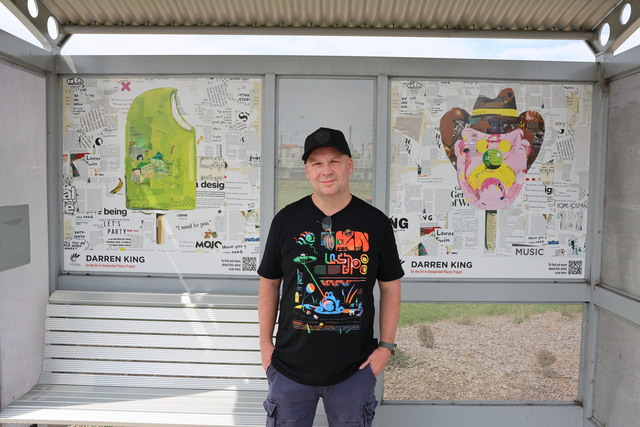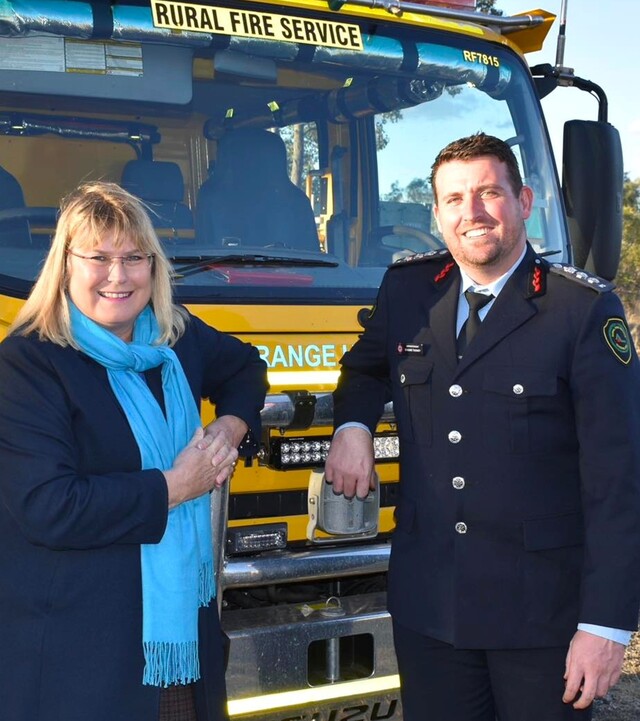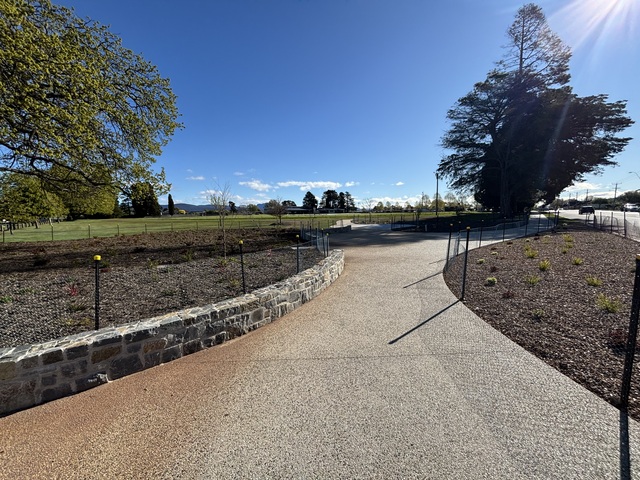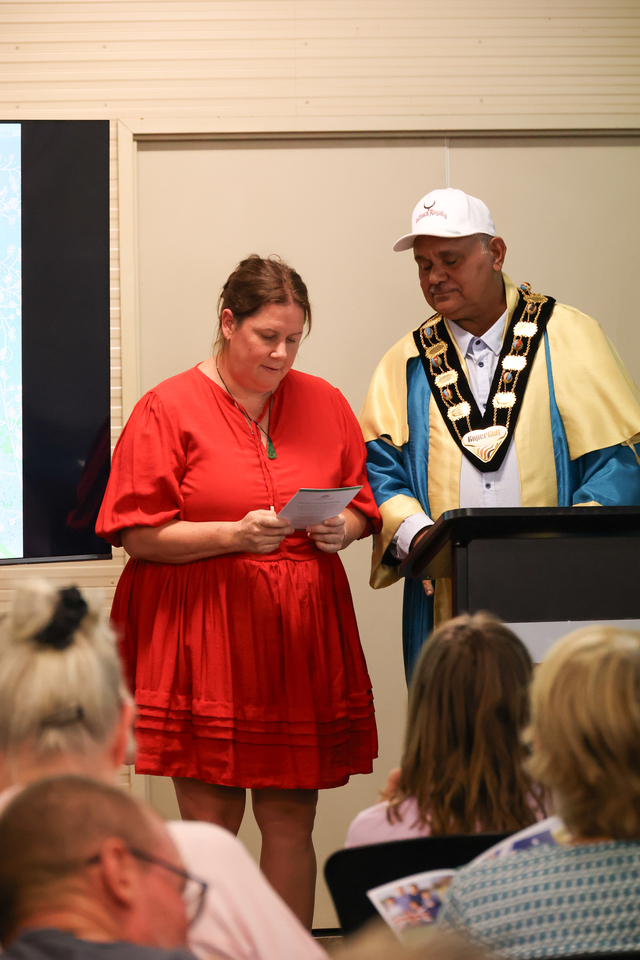President’s comment
Encouraging women to participate in and make a
career from local government, either as an elected member or an
employee, is one of the major aims of the Australian Local Government
Women’s Association (ALWGA).
With branches in all states and the Northern Territory, we work in partnership with supporting organisations to promote the importance of gender equity in local governments, for the benefit of councils and their communities.
ALGWA have just appointed the Local Government Association of Queensland (LGAQ) to continue with the ’50:50 Vision – Councils for Gender Equity’ program. We do this with funding from the Department of Families, Housing, Community Services and Indigenous Affairs.
With over 160 local governments across Australia already registered, I congratulate the four councils that recently attained the Silver Award for their achievements in increasing female employment in senior management and non-traditional roles, and in their support of all their employees in the workplace. I acknowledge Broken Hill City Council, Unley City Council, the City of Ryde and Kogarah City Council as leaders in best recruitment and employment practices, and as employers that both men and women want to work for.
Currently across local government in Australia, just 20 percent of senior managers and only seven percent of CEOs are women, while 29 percent of councillors and 21 percent of Mayors are women. Recent elections in Victoria and the Northern Territory have actually increased the number of women elected to councils, but in Queensland, the numbers have decreased.
Achieving a gender balance amongst elected councillors is an important aspect of democracy – local governments should be representing their communities, of which women make up over 50 percent. A balance of men and women as decision makers allows for greater expression of opinions and debate.
From the ‘50:50 Vision’ program, councils have proudly shared the successes and achievements of programs that show that increasing women’s participation in the workforce has in fact created great business opportunities, or resolved issues in staff retention.
One council, on losing its outside workforce to the resource sector, has a totally female staff in its mowing gang. They work school hours, and are recognised for the attention they give to their work and their equipment. Another council has employed their first female mechanical apprentice and female grader driver, and have programs to encourage all staff to upgrade their skills and knowledge with support for further tertiary study.
Considering women for non-traditional roles creates an extended pool of possible candidates for recruitment when selecting the best person for the job. Employing women brings new ways of thinking and doing business to an organisation.
The ‘50:50 Vision’ program will continue to showcase councils that have policies and procedures that consider work/life balances for their employees; that have recruitment and retention policies that encourage the employment of both men and women; and, on the whole, councils that encourage and value a wide range of opinions, views and cultures in moving towards the more creative and innovative environment of gender equity.
As change embraces councils, I look forward to involving your local government in the ‘50:50 Vision – Councils for Gender Equity Program’.







